Description
About the Book
The Concerned Face of the Church
The renowned Brazilian Archbishop Dom Helder Camara of Recife whose diocese was in one of the poorest area in the northeast of the country, once quipped, “When I feed the poor they call me a saint; when I ask, why are they poor, they call me a Marxist” Blessed Teresa of Kokatta (Mother Teresa to the whole world) the Nobel prize winner from India, who fed millions of poor all over the world, was venerated as a saint even during her life time. Archbishop Oscar Romero of San Salvador in central America, who was assassinated while celebrating Mass in 1980 just days after he had told Salvadoran soldiers to disobey their superiors if they were ordered to attack innocent civilians, was dubbed a Marxist, even by some Church leaders. Archbishop Romero very recently, thanks to the present Argentinean Pope Francis, is also on the way to being declared a saint. He, along with a number of Catholics – bishops, priests, nuns and lay people – all over the world, was inspired, like his assassinated friend, Jesuit priest Rutilo Grande, by Catholic Social Teaching.
Catholic Social Teaching has been called the Catholic Church’s “Best Kept Secret,” because it remains largely unknown in the Catholic Church. An illustrious line of Popes from Leo XIII in 1891 to Pope Benedict XVI in 2009 have attempted to form the Catholic social conscience to encourage a Catholic response to some of the most burning issues affecting the world. Karl Marx responded to the devastation caused by the Industrial Revolution with his Communist Manifesto in 1848. The Church’s response came only forty-three years later in Pope Leo Xlll’s Rerum Novarum (Of New Things). But since then, over the last one hundred and twenty years, every Pope has attempted to exhibit, “The Concerned Face of the Church” for the world, through Papal letters, allocutions and actions. The latest was Pope Benedict XVI in 2009 in his encyclical letter Caritas in Veritate (Charity in Truth) on the crisis in the global development model that led to the economic melt-down less than a decade ago.
About the Author
Fr Desmond de Sousa is an Indian priest belonging to the Congregation of the Most Holy Redeemer popularly called the Redemptorists. Ordained in 1966, just after the close of Vatican II, he holds a Master’s degree in Social Work with specialization in social science research. He has taught Church history, Social Analysis and Catholic Social Teaching for most of his priestly life. He has lectured, conducted retreats and seminars all over the world. During his priestly life he has been involved in grassroots struggles of fishermen, farmers, migrants and many such socially marginalized groups.
He was Executive Secretary of the Office of Human Development (OHD) of the Federation of Asian Bishops (FABC) for 10 years during the 1980s and co-ordinated the Asia-Pacific national offices of Caritas Internationalis. He then became Executive Secretary of the Ecumenical Coalition on Third World Tourism (ECTWT), now called Ecumenical Coalition on Tourism (ECOT), a coalition of continental Catholic and Protestant Churches of Asia, Africa, Latin America, the Caribbean, the Pacific and the Middle East Conference of Churches in the 1990s. During his tenure he participated in the setting up of ECPAT, formerly known as the global network campaigning to End Children Prostitution in Asian Tourism, now renamed End Child Prostitution and Trafficking. In this position, he has travelled widely all over the world.
Back in India over the last 20 years he has been involved in teaching and lecturing on the social dimension of the Gospel: the relevance of the Scriptures for the social issues of today. He has worked in solidarity with marginalized groups like domestic workers, migrants, seafarers and fish-workers. He is a prolific writer in newspapers, magazines and scholarly journals as well as having four resource books to his credit on varied topics like religious life, Catholic Social Teaching and solidarity with the poor.
He now lives in the Redemptorist community house in Goa, India.
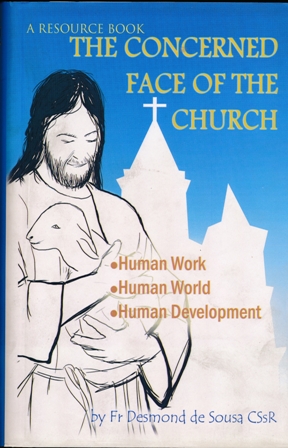
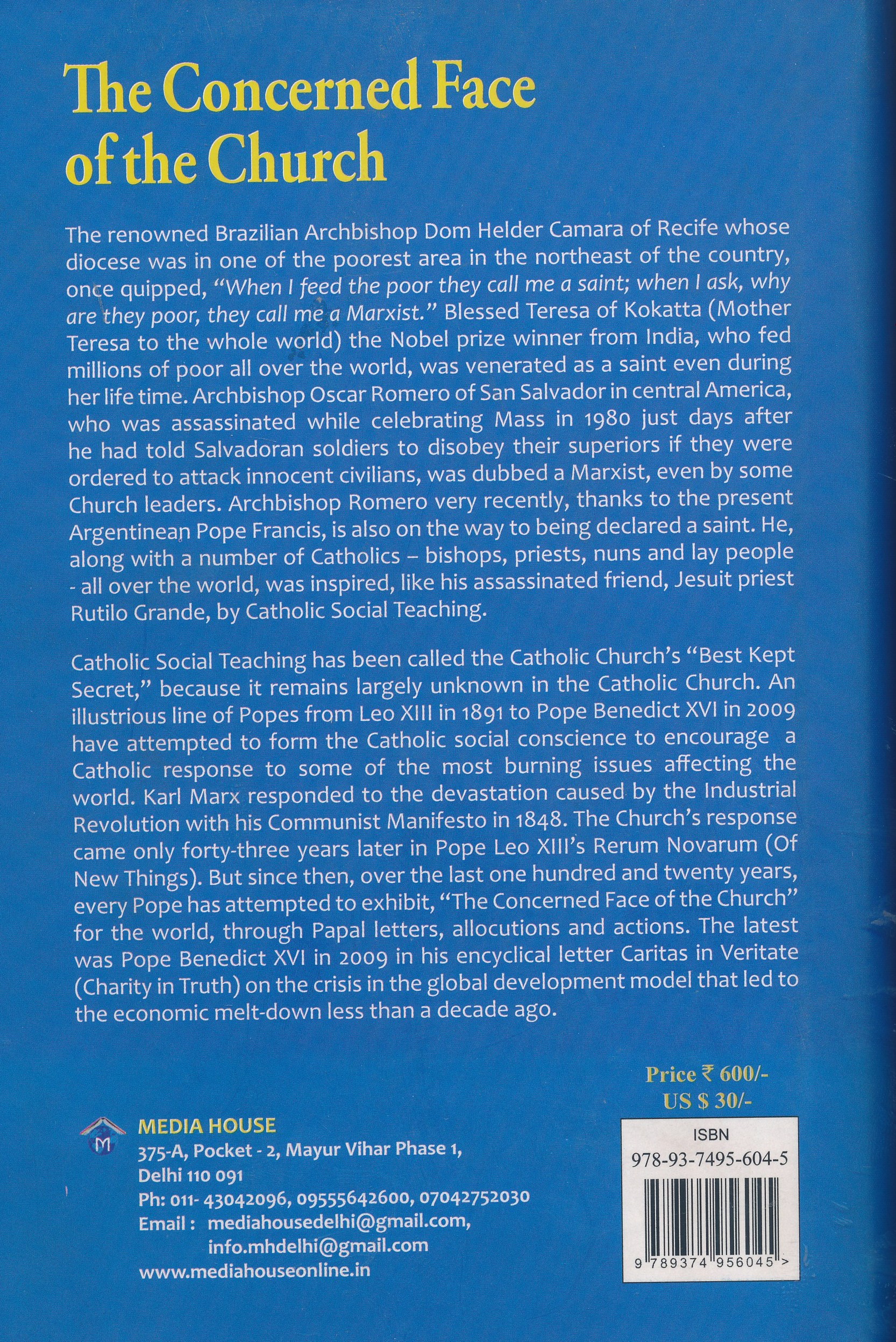
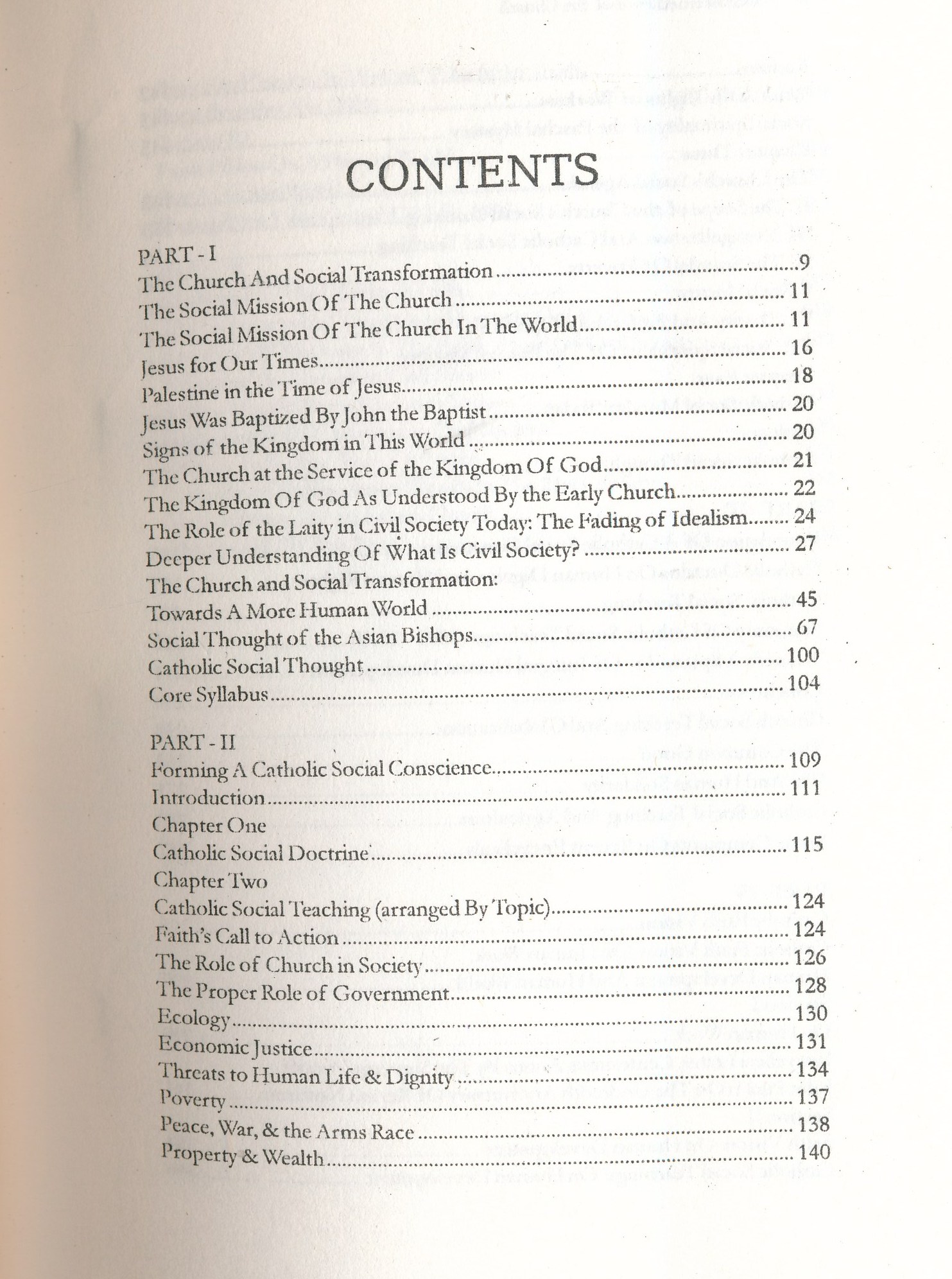
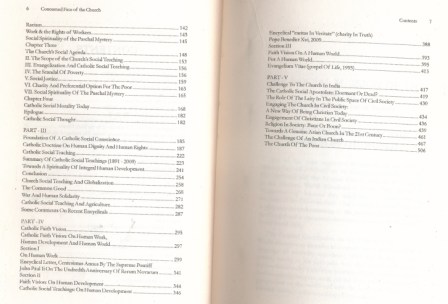
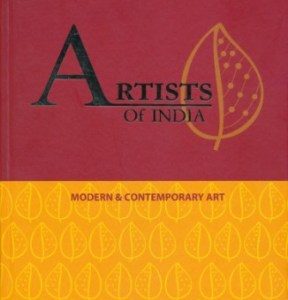

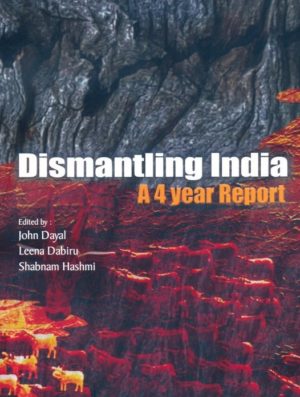
Reviews
There are no reviews yet.